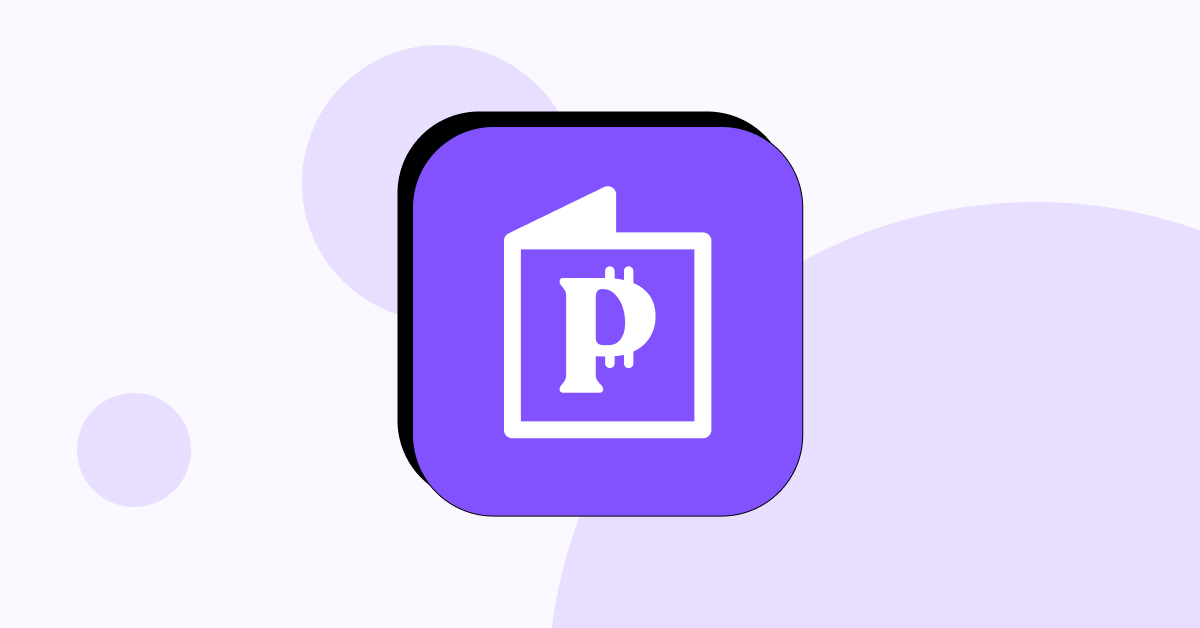Finding a good business idea is just one-half of the battle. Funding is the other half and another aspect on its own. For example, the initial capital for selling products may require years of savings. Some people attach business value to the amount of initial capital investment that goes into it. What these people don’t know, though, is that you can still execute your idea with zero capital. You’ll only need patience, creativity, and an entrepreneurial-oriented mindset.
In this blog entry, we’ll provide tips on how you can start your own business with no capital, share a few ideas that require little to no upfront money, and finally, how you can elaborate a sound business plan to materialize that money-making idea you’ve been having for a while.
Tips to Start Your Business With No Money
You can bootstrap a profitable business while aiming to use the output for growth. Below are the things you need to consider to boost your success.
Ask Yourself What You Can Do and Get for Free
For this tip to work, you must figure out the essential items you can help others acquire. You will be amazed at the endless array of things you can promote online to get a commission. Alternatively, if you have any skills or talents no one else has, you can put them to good use in exchange for money. Here are a few of the things you can consider doing:
- Blogging
Social media platforms like Twitter and Instagram may have reduced the audience for traditional blog formats, but blogging is gradually resurfacing. Most influencers now attract followers to their blogging sites using other social media platforms. Writers, authors, and journalists have well-performing blogs even though they executed this idea with zero initial capital. So what’s to stop you?
WordPress is super helpful for this type of business and a great starting point for many aspiring bloggers. It also has various monetization options to easily convert your content into an income-generating product. Content creators also use different services like Substack to launch a subscriber-backed newsletter that doesn’t require payment from those who sign up. This service also provides various helpful analytics when improving your content.
- Affiliate Marketing
Once your blog is running, you can always go for affiliate marketing. You can recommend any products or services to your subscribers, and they’ll buy. Companies like Shopify and Amazon provide referral links that direct clients to their items. In return, you receive a commission.
For instance, if you are a reputable photographer, your followers may want insights into the quality and camera type you use. If they trust you, they will likely purchase when you provide them with a referral link. Of course, you must always be transparent with them about the products you advertise with your affiliate links.
- SEO Services
Search engine optimization helps create traffic on Google for businesses. It is the perfect marketing strategy for companies since everyone googles their dilemmas. If you have marketing skills, you can offer invaluable services to companies that desire to grow through SEO. With content strategy skills, you can offer copywriting or blogging services. If you need more knowledge about digital marketing skills, join short online courses on Google to learn more about what it entails.
- Translations
Knowing more than one language can help you to become a translator. This venture is also a long-term option because tourists, among other interested parties, will always need translation services. Once you choose this idea, seek clients from areas needing the languages you know. The typical customers in this field are tourists and students, but you can also provide services for anyone needing a legal document or advertisement translated.
Focus on Businesses That Require Little Upfront Money
People don’t know this, but you can start a profitable business with as little as $250. Some startup ideas don’t require a lump sum of money to execute. Check out these examples:
- Event Planning
Event planning is a perfect option if you are looking for a business idea that requires lots of hustle. Finding clients may also be relatively easy since events can happen every week. For example, the people who want to celebrate birthdays. You can get hired every month!
Stiff competition is the only issue you’ll need to solve. But if you have passion and differentiate your business, you will be able to go toe to toe with the gurus in this field. Your project management talent can also impact your success. You can join different sites, such as Zola, Bizzabo, or Social Tables, to promote your business.
- Membership Programs
This business idea has a subscription model. You’ll need to create a program that provides insights around particular topics of interest to people, such as politics and education. Clients will then pay to join the program.
It is a low-overhead venture since you’ll only need to pay for people who will create quality content and sign up for any hosting platform, such as MemberPress. This way, you’ll manage your memberships, and clients will trust your services.
- Bookkeeping Services
You don’t need a certificate in accounting to provide bookkeeping services. But if you are good with numbers and understand accounting basics, you are what companies need. You’ll have enough experience within a few years to build a long-lasting brand. Some of these services include creating balance sheets, processing payrolls, and maintaining financial records.
Write a Business Plan
Starting a business without capital requires a plan to achieve your goal. Each stage of managing your business needs a clear strategy. Here is a step-by-step guide to creating the perfect business plan:
- Step 1: Write an Executive Summary
Make the first page an executive summary. Start with a mission statement, then describe your services or products. If you intend to get investors, outline a financial growth plan. It will be easier to cover everything exclusively if you write a summary.
- Step 2: Describe Your Company
This section requires a business registered name, an address, and the names of the key people in the company. You’ll also need to write the structure of operations. You can define your venture as a partnership, sole proprietorship, or corporation. You’ll also include the ownership percentage and the extent to which every individual is involved in your business. Then, follow it up with a detailed company nature and history. Your intention should be to prepare the reader to understand your goals after reading the next section.
- Step 3: Outline Your Company Goals
This section is similar to writing an objective statement. So, outline your long-term and short-term goals. For example, if you plan to get outside investors or business loans, delineate how much you need and for what purposes in this section. Then, let the reader know how that loan will lead to growth.
- Step 4: Describe the Services or Products
What does your business intend to offer? First, you’ll need to describe how the service or product works, your target clients, and your pricing model. Then, explain your supply chain, sales, and distribution strategy. Remember to include pending patents and trademarks associated with the services or products.
- Step 5: Research Your Market
Most business plan readers want to learn what makes your company unique from others. So, you’ll include a list of your competitors in this section. Discuss what they do and how your business does it better. Mention whether you are in an underserved or different market.
- Step 6: Describe Your Sales Plan
How do you plan to market your services or products? Remember to include the different ways you plan to use to retain clients.
- Step 7: Perform a Financial Analysis
You may only need to provide a little financial information as a startup. For example, you can describe the net profit you intend to earn from the business through charts or graphs.
Look to Small Business Grants and Local Funding Opportunities
You can begin a business without any money, but you’ll need to put in some cash to boost its growth. That is where funding and business grants come in. Qualifications for local funding depend on the amount you need, but you can get these from the government, nonprofit entries, or corporations, provided your business performs well. Here are some tips to get grants and local funding:
- First, find less competitive grants that perfectly fit your business plan.
- Choose the ones you are 100% eligible for in terms of customer base and annual revenue.
- Make different repayment plans to establish trust when applying for local funding.
Key Takeaway
You can become a translator, affiliate marketer, or blogger and earn an income without investing capital. But, if you have little savings, you can offer bookkeeping services, open an event planning business, or a membership program. Nonetheless, you need a sound business plan if you want your company to succeed. If you want your company to grow, you should apply for grants or other local funding opportunities.
Alternatively, you can always opt for Pawns.app if you need extra cash to kick things off with your business. It won’t make you rich overnight, but little by little, you can set some funds aside by completing surveys and using affiliate links. This way, you’ll be able to get a starting capital you can use to follow more significant business ventures in the future.
FAQ
When Do I Need to Start Working With the Business License and Taxes?
When you need to start working on licenses and taxes will depend on your business type.
Is a Business License Important? And if It Is, How Do I Get One?
Business licenses hold companies responsible for every action. They indicate your competence, enhance credibility and shield your firm against legal irregularities. To get a license, complete the application form, attach the required documents, and submit it to the relevant legal body.
Can I Be a Full-Time Employee and Have a Business License at the Same Time?
You can work full-time and still have a business license for your side hustle. But that’s if your employment agreement allows such activity. You’ll also have to work on the business on your own time, using your resources and without competing with your employer.


